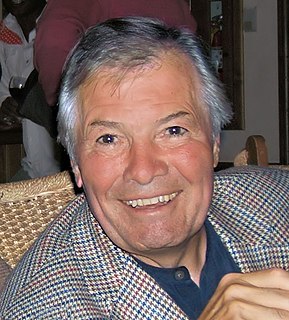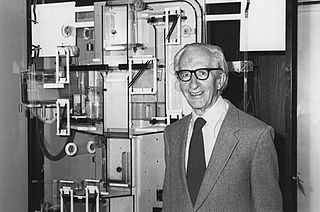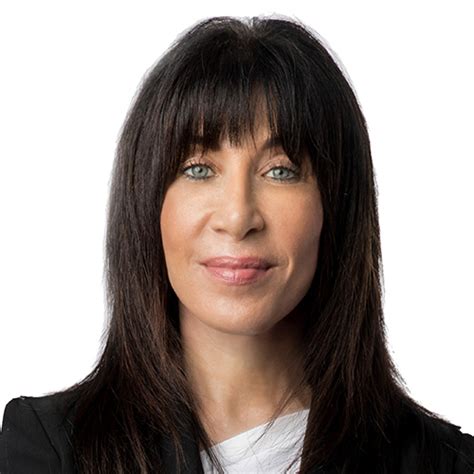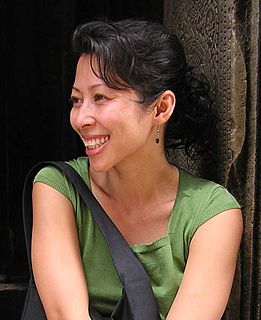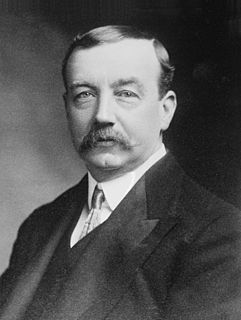A Quote by Jacques Pepin
When I left to go into apprenticeship in 1949, it was only four years after the war, and people don't realize, we still had tickets for butter, meat and so forth in France until 1947. It's not like the end of the war, everything was plentiful - it wasn't.
Related Quotes
You know, my parents had a restaurant. And I left home, actually, in 1949, when I was 13 years old, to go into apprenticeship. And actually when I left home, home was a restaurant - like I said, my mother was a chef. So I can't remember any time in my life, from age 5, 6, that I wasn't in a kitchen.
When I arrived in America, though I had left the war physically far behind, in my mind, the soldiers were still chasing to kill me, my stomach was always hungry, and my fear and distrust kept me from opening up to new friendships. I thought the war was over when I left Cambodia, but I realize now that for survivors and all those involved, the war is never over just because the guns have fallen silent.
Every generation has its war. I have just been reminded of mine. It ended in 1989, 43 years after it began, the longest war Britain fought and certainly the most expensive. Its climax was total victory. Yet there was no parade, no medals, no colours hung in cathedrals. The Cold War saw no battles and cost almost no blood. Where there is no blood there is no glory and hence no history. Asked What did you do in the war, Daddy?, I could say only that I paid my taxes and left it at that.
The enemy is still proud and powerful. He is hard to get at. He still possesses enormous armies, vast resources, and invaluable strategic territories...No one can tell what new complications and perils might arise in four or five more years of war. And it is in the dragging-out of the war at enormous expense, until the democracies are tired or bored or split that the main hopes of Germany and Japan must reside.
I was after a set of pictures, so that when people looked at them they would say, ‘This is war’-that the people who were in the war would believe that I had truthfully captured what they had gone through I worked in the framework that war is horrible. I want to carry on what I have tried to do in these pictures. War is a concentrated unit in the world and these things are clearly and cleanly seen. Things like race prejudice, poverty, hatred and bigotry are sprawling things in civilian life, and not so easy to define as war.
